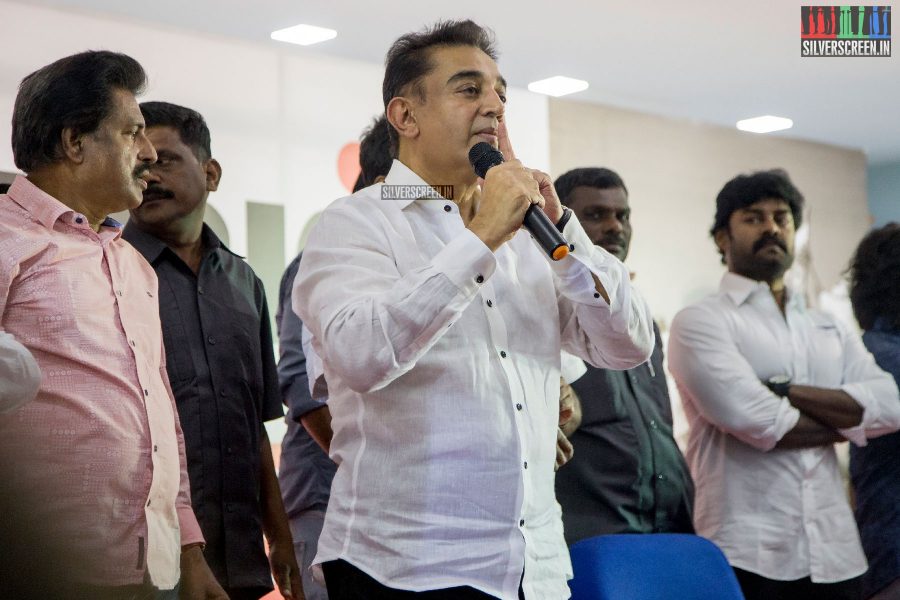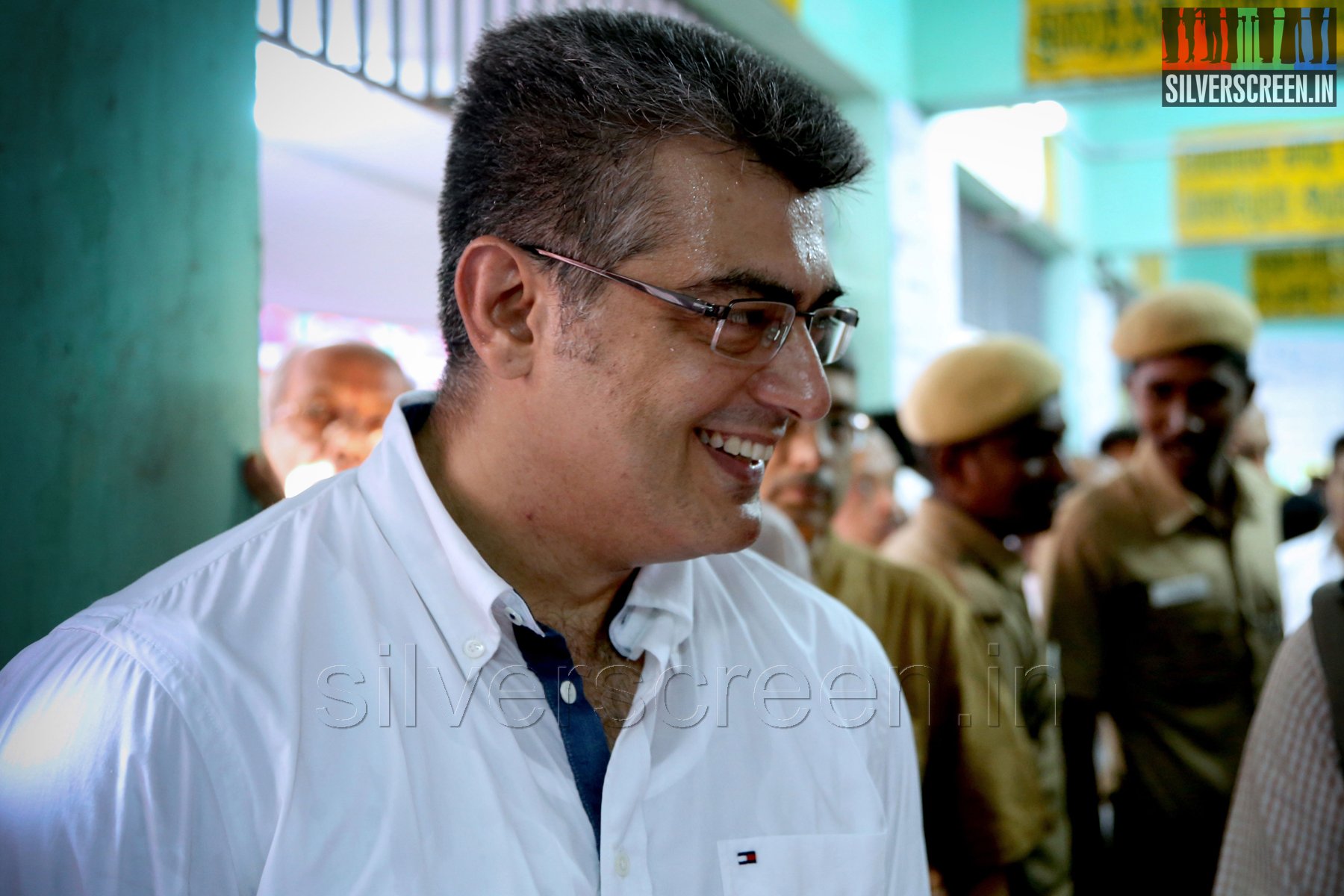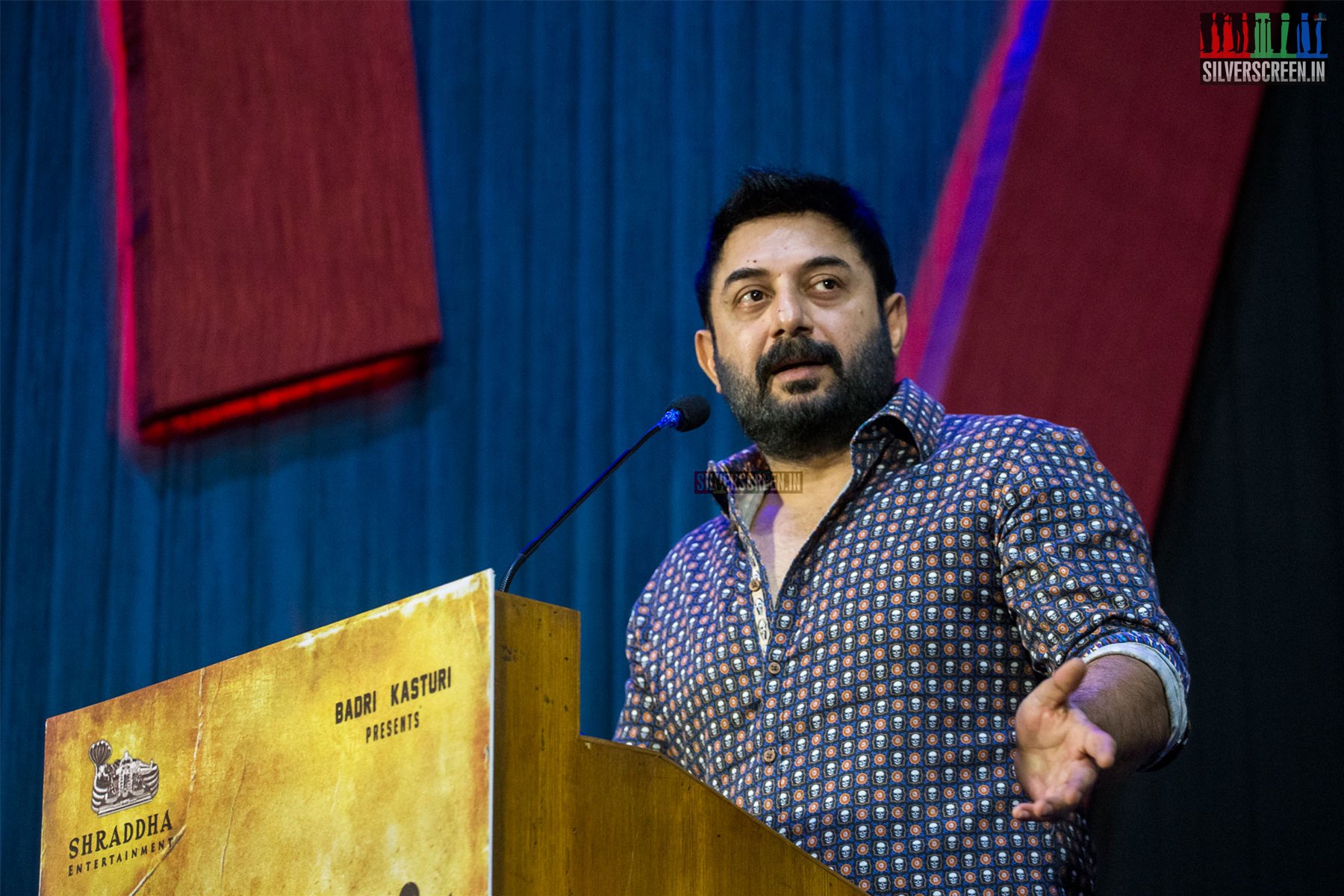Kamal Haasan writes the way he speaks; in his weekly column for a magazine, he employs oblique references to make statements on basic issues of state
In his weekly column for Tamil magazine Vikatan published on Thursday, actor and Makkal Needhi Maiam leader Kamal Haasan detailed his party’s ideologies and commented on the current political happenings through a slew of metaphors, similes and analogies. The need to change the power-center was described with a metaphor about throwing a pebble in a pond – “Ripples spread from the point the pebble hits the water. The villages we have adopted across districts are the pebble(s)” – while the general preference for engineering and medicine in the state was explained with: “If everyone in a particular place only owned coconut groves, we’d have to go elsewhere for mangoes. If the world needs 9 lakh engineers per year, we are churning out that number just from one state.”
The freebies offered by political parties, meanwhile, was described with a simile: “The whole arrangement seems like ‘come home if you are hungry, but don’t make a habit of it’. Instead, teach the people to fish and farm – that would hold them in good stead.”
The references aside, Kamal Haasan also wrote about the futility of NEET (National Eligibility And Entrance Tests), the government’s phased liquor ban, and his plans to improve the quality of education in the state. “Just like the way Hindi was imposed on us, so was NEET. Some say the whole country abides by it, we can, too. That’s a wrong notion. People from many nationalities arrive in the state for medical treatment – and all that’s due to our former medical students – now doctors – who were chosen by a selection process. When something is already good, why introduce a new procedure? Yes, Makkal Needhi Maiam does not support NEET,” he wrote.
Elaborating on his plans for improving the quality of education in the state, he said, “We need to customise education to suit our state. It is wrong to list education under the Centre’s agenda. The Centre can introduce NEET in states where education hasn’t improved, not here, where there’s quite a lot of progress already.” Haasan added that good quality education in all parts of the country is what his party is focusing on – “We want to focus on quality as opposed to quantity – the number of people we have schooled. Everyone says that if we have a law that the children of politicians and government personnel must attend only government schools, the standard of those schools may rise. While that is also a way, I want to raise the quality of government schools so that people would voluntarily enroll their children in them.”
The actor-politician also touched upon the different approaches adopted by other political parties towards prohibiting liquor in the state. “First, they spoke about total prohibition, but we still see shops near schools. They say they will shut down all wine shops to gain votes of women, but it is impossible to wean the whole society off alcohol. Any attempt to do that will be disastrous and will give rise to crimes. A blanket ban on liquor will also result in the birth of mafia; we have seen that happen elsewhere. This is not a race. You can reduce liquor consumption, but it can’t be banned. Nevertheless, we do not need so many wine shops. Right now, we have to go in search of post offices, but not TASMACs.”
Kamal wrote that his plan of action would begin with the eight villages that his party would adopt from eight districts. “Principles (kolgai) are different from plans (thittam). People think a list of principles or ideologies translate to plans. That’s wrong. If Tamil Nadu’s growth and people’s welfare are our principles, we may have several plans to get there. If the plans change, it doesn’t mean the principles will. Villages are our priority. We have to move the Centre, and we are making villages our Centre. But it will not end with those eight villages; it will reach neighbouring areas too. This would be the first phase of action. Empowering villages is one of our goals; similarly we have several plans under to empower farmers. There are many friends in the party who are reviewing farming conditions; heading them is Arunachalam whom we fondly call Vivasayee [farmer].”
Recommended
Haasan added: “We are planning to implement our goals and principles in our villages. If the government tries to hinder us, they will only strengthen our resolve. I entered politics because things weren’t right. The only way in which they could defeat me is by making everything right. If they do that, my argument will become void. I look forward to that day. But freebies are not the way to get there. People need to be empowered with life skills, and to do that, I’m starting with the rural areas. We have appointed two teams of specialists – one in Harvard and one over here. They do not belong to our party. They will review our plans and help us chart our way. The local team consists of people who have popular support and whom we trust in. We have sowed the seed for a prosperous Tamil Nadu.”
Late last evening, Haasan also posted a statement from his party handle – @maiamofficial – urging the Centre to follow the Supreme Court’s directive to establish a Cauvery River Management Board.
“The Honourable Supreme Court, in its verdict, pronounced the need to create a Cauvery Management Board. However, we are given to understand that Central Minister Nitin Gadkari has stated that the same is not required. This is unwarranted and unjust,” it read.
'Justice' needs Justice #MakkalNeedhiMaiam #maiam pic.twitter.com/AgY2uoMstl
— Makkal Needhi Maiam | மக்கள் நீதி மய்யம் (@maiamofficial) February 28, 2018
*****



